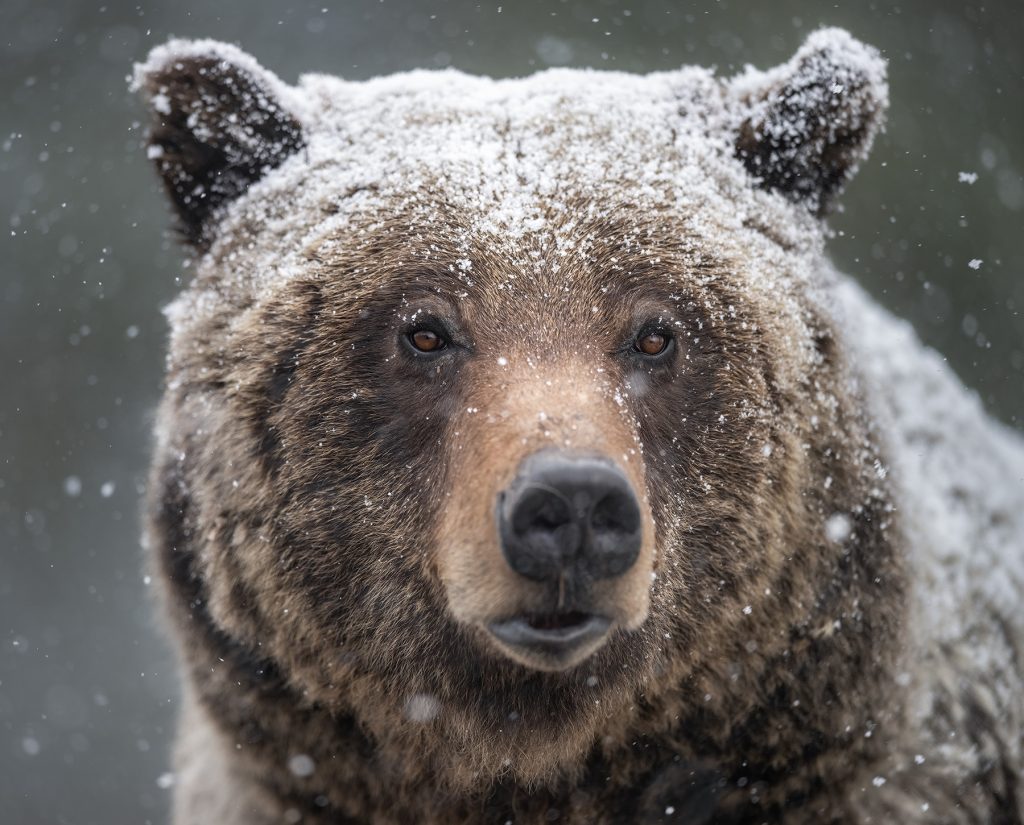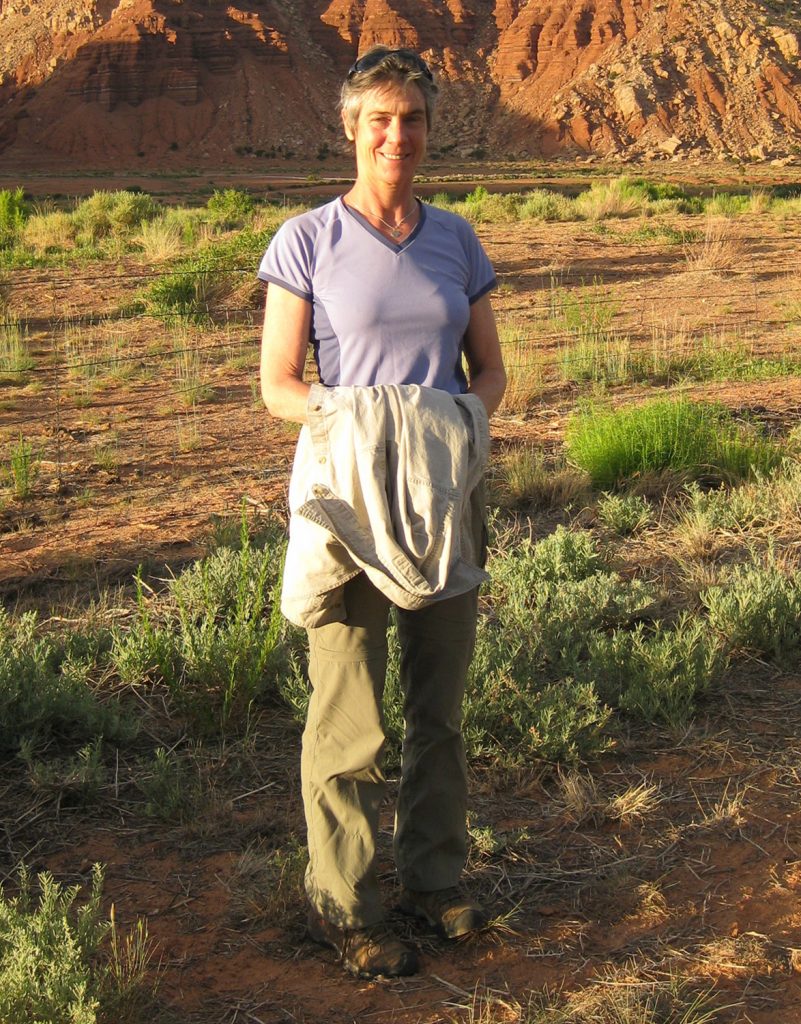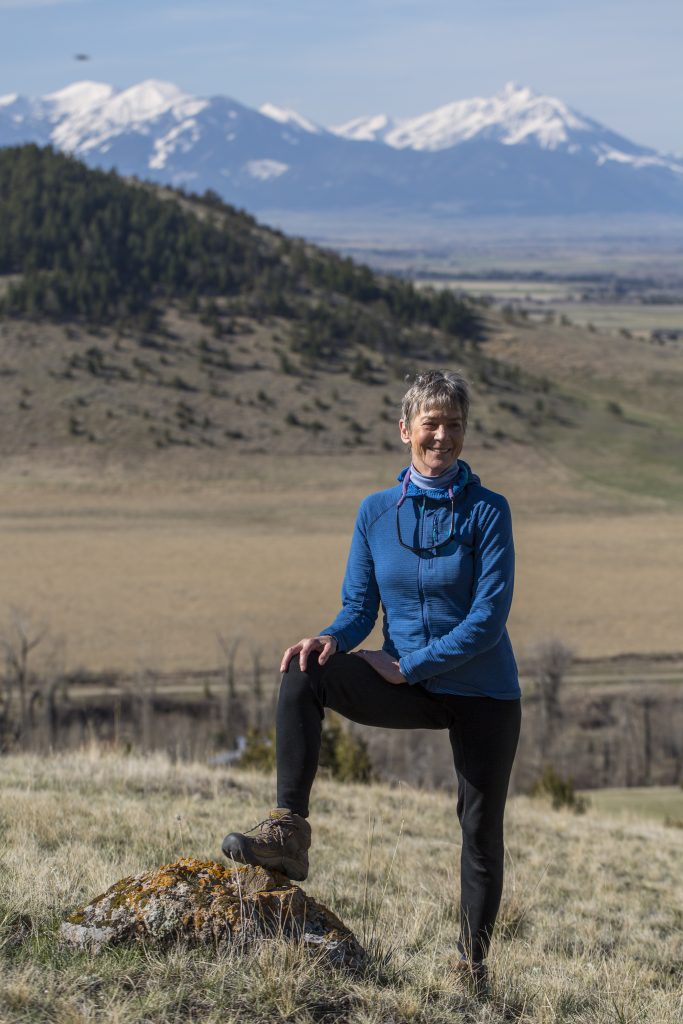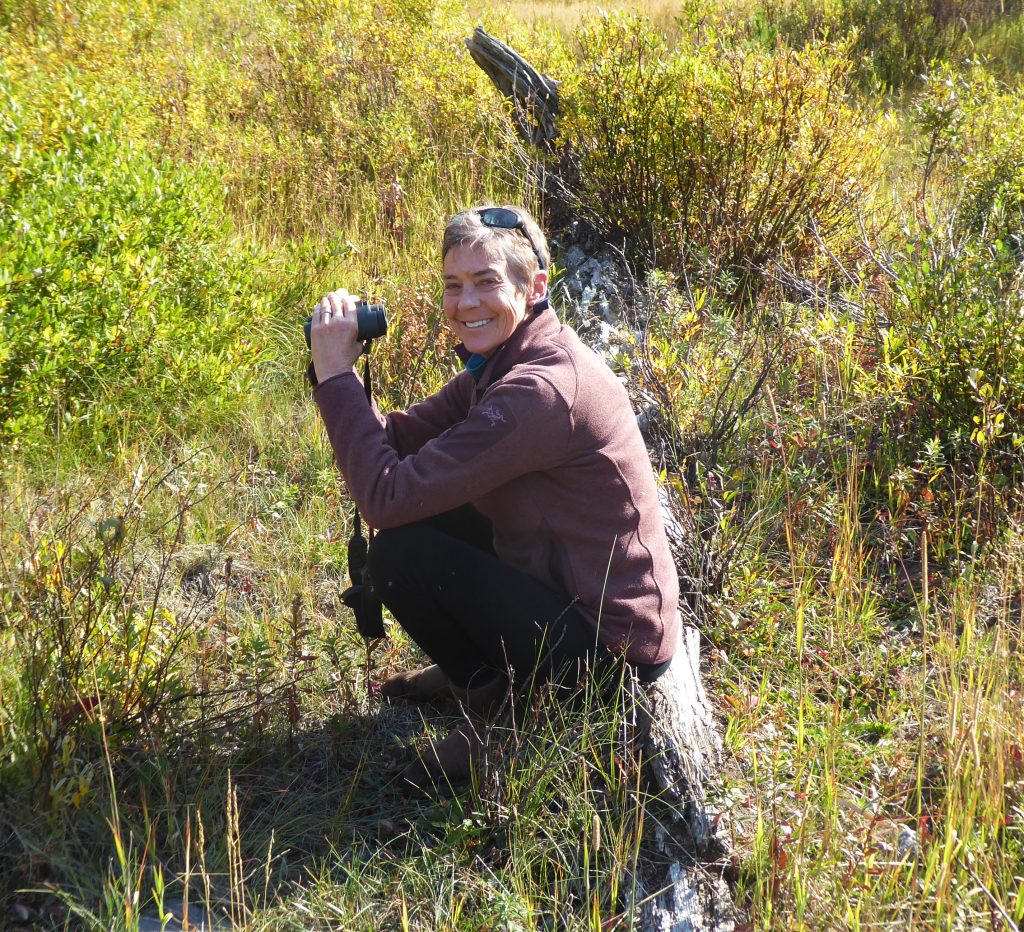
I’m working with a client who is writing an extraordinary book about one of the momentous environmental victories of the last century. In the middle of working on this book, Louisa Willcox told me, “I have to take a break and write this 40-60 page article for my subscribers. Grizzly Bears are in grave danger of being delisted (taken off the Endangered Species List). I need to share the history of how we got here and strategies to prevent this catastrophe.”
I sensed her urgency yet felt a pang of disappointment that she’d be taking a break from the other story. I looked forward to her pages and chapters. I would miss them. And I didn’t want to see this important project derailed.
On the other hand, I knew that she is one of the world’s experts on Grizzly Bears, and her knowledge of their history, habits, habitat and more would be critical to saving America’s Grizzlies. With this intense threat, time was of the essence.
An Ambitious Writing Schedule
Louisa contacted me in mid-January with an ambitious schedule, sent me the first pages at the end of January and wrote in a fury. By late March she’d sent me her final pages and began implementing my feedback. Yes, she’d missed a few deadlines, but the book had also expanded from 60 pages to over 130! She fretted about what to cut. I couldn’t find much. It all seemed important—and much of it riveting—to me. I suggested she turn it into two articles rather than one.
She Thought She Was Writing Too Slowly

On one of our coaching calls Louisa actually apologized for “writing too slowly.” She said, “It took me twice as long as I thought.”
In a recent Get Your Writing Done group session, Louisa expressed frustration with herself, as if writing the first draft of what amounted to a short-ish book (and not that short!) in three months was slow! And it was good writing, not a slap-dash job. I stopped her in her tracks so she could really take in the power of that. I’d been working on my upcoming book for around eight years, just for a comparison. Did she get how extraordinary this was?
“When I set the deadline, I had to let go of perfection,” Louisa told me. “I just had to write and send it to you and let that be okay.”
What she shared next blew me away.
“I realize how much this is going to help me with the other book. I’m just not tied to having my work be perfect before sending it to you for editing. I see the power of writing a first draft and fine-tuning the wording later in the editing stage. I can see how this way of writing is going to be more efficient and effective. Plus, it was fun working with you and feeling your encouragement as I progressed. I could feel my momentum build.”
It’s not uncommon to have a story about “not doing it right” or “I’m writing too slowly” or fill in the blank with whatever self-doubt you feel and whatever message you tell yourself about your writing.

You may be more like Louisa than you think. Perhaps whatever you’re telling yourself about falling short is actually the beginning of a major breakthrough!
Louisa’s Four Secrets to Write 130 Solid Pages Fast!
Louisa may call these pages a rough draft but they are strong writing. So I’m calling them solid! I asked Louisa how she wrote so much faster and prolifically than before. Here are the four things she credits to writing fast:
- Let go of perfection: “I got out of my own way. I told myself: ‘It won’t be perfect. Just get something written.
- Urgency: Louisa stayed connected to her passion for this project and the urgent need for the information that journalists and activists needed to support Grizzly Bears before they got delisted.
- Set a Deadline: Louisa set an ambitious deadline and linked it to a presentation she’s giving. While she doesn’t feel the article will be ready for the meeting, she will be able to give a draft to key and trusted colleagues who attend. And the tight deadline created momentum.
- Be accountable: I promise I did not ask Louisa to say this, but on our call, she mentioned that hiring a coach or editor was key. Find someone you can be accountable to. If you can hire an editor or coach, you’ll get valuable feedback in addition to accountability.
It’s not uncommon to have a story about “not doing it right” or “I’m writing too slowly” or fill in the blank with whatever self-doubt you feel and whatever message you tell yourself about your writing.
You may be more like Louisa than you think.
A New Book Pops In

I thought back to my own book journey, how The Joy of Writing Journal came to me in the midst of writing Breathe. Write. Breathe. I felt intuitively that I needed to put down the book I was working on and write and publish the journal.
This was a powerful choice. In some ways, as much as I love the journal, and as much as it’s been a powerful inspiration and even game changer for many writers, journalers and those who want to write but don’t see themselves as writers yet, I see Breathe. Write. Breathe. as a more substantive work. I feel that its potential impact is many times that of the journal.
Writing The Joy of Writing Journal helped free me up to complete Breathe. Write. Breathe. It also taught me so many lessons I’m employing now—enriching the book with video and audio meditations through QR codes, hiring a marketing expert to pitch me as a podcast guest and to local media (which I did not do last time), planning further ahead, pacing myself better, and much more.
Writing Your Best Book Yet
There’s no question that book-hopping can derail you from publishing. Yet, sometimes, a book inserts itself in the midst of another for good reason. Perhaps it’s the bridge from one level of writing to the next or will teach you skills you need for the book you’ve been working on. Tap into your intuition to decide where to put your energy for the moment.
Has this ever happened to you? Share your experience in a comment below.

To learn about what Louisa Willcox and others are doing to protect grizzlies, visit The Grizzly Times, and you can also sign up for The Grizzly Times newsletter to ensure you get access to the article once published. Also, the website has more information than you will find anywhere else on how grizzlies in the lower 48 states are doing, and how you can help.



This post totally resonates! When I was intuitively guided to start my first book, and started the writing journey, two additional titles and outlines dropped in! And as I wrote one, at times I felt drawn or nudged to shift my writing to one of the others. Some other book coaches told me to “focus on one at a time” but not Lisa! She didn’t even blink when I told her! And I am well on my way to getting three books done instead of just one!
Wow, Sheli. That’s fantastic. It’s all about trusting your intuition! Sometimes it can be important to stick with one but it’s quite individual. The meet your muse exercise can be helpful for discernment for those who are reading this and wondering how to tap into that intuitive aspect.